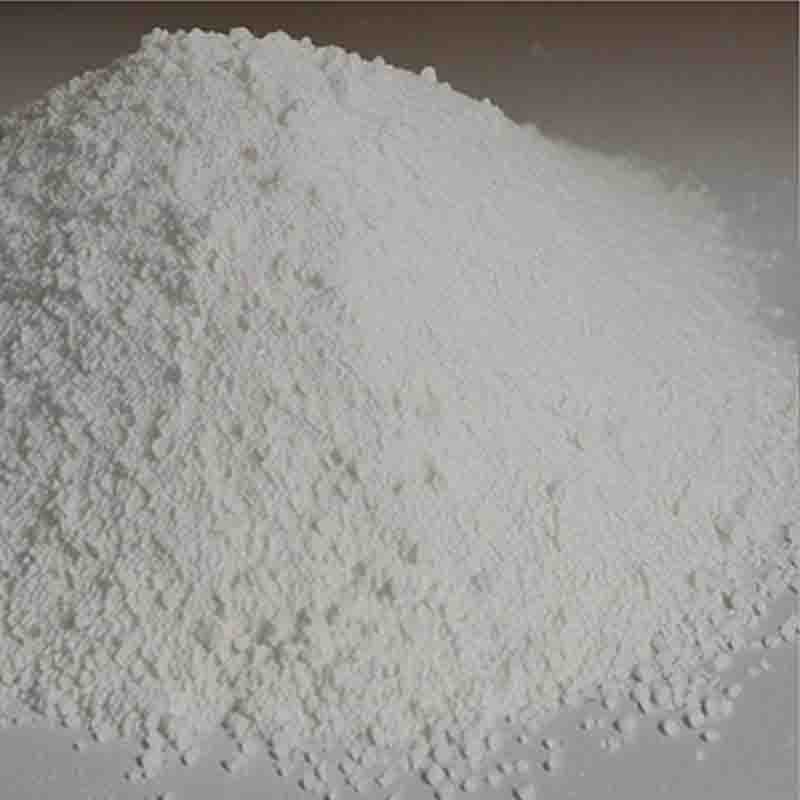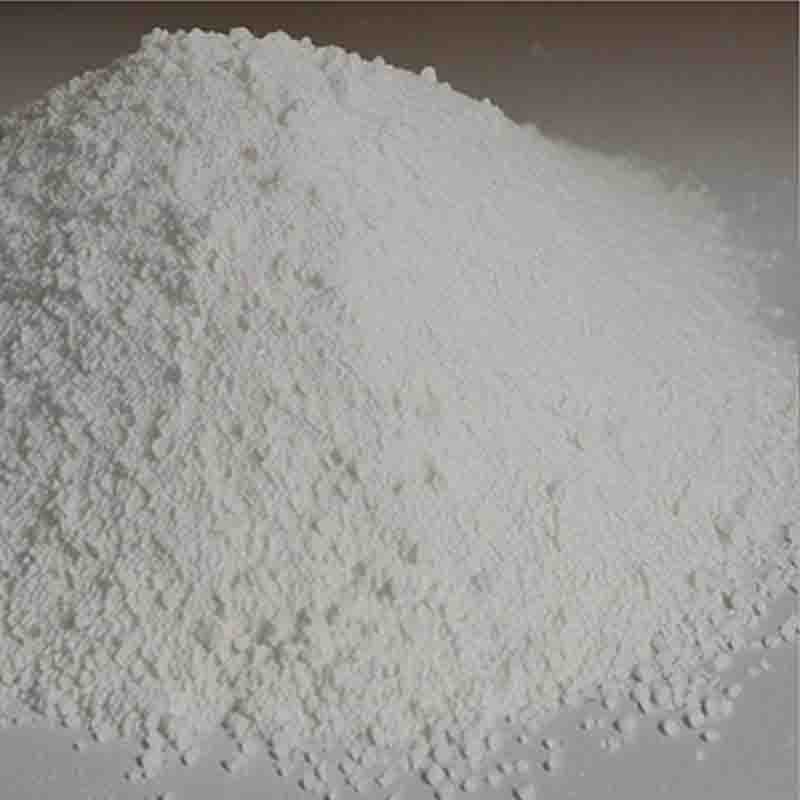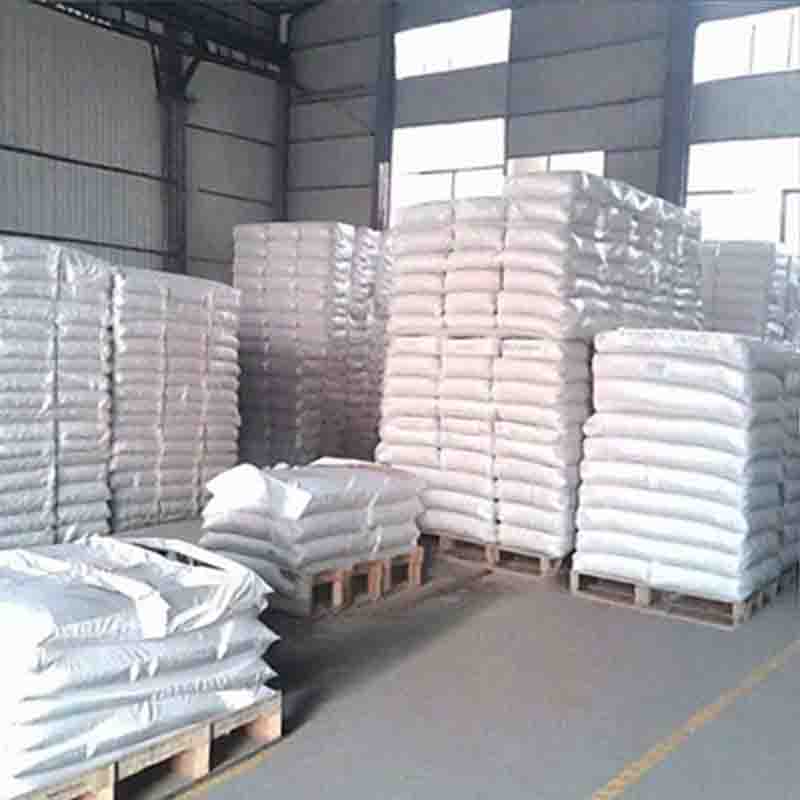Prop-1-ene-1,3-sultone CAS: 21806-61-1
| Catalog Number | XD94909 |
| Product Name | Prop-1-ene-1,3-sultone |
| CAS | 21806-61-1 |
| Molecular Formula | C3H4O3S |
| Molecular Weight | 120.13 |
| Storage Details | Ambient |
Product Specification
| Appearance | White powder |
| Assay | 99% min |
Prop-1-ene-1,3-sultone, also known as 1,3-propane sultone or PES, is a chemical compound with various applications in different industries.
One of the primary uses of Prop-1-ene-1,3-sultone is in the field of polymer chemistry. It can be used as a reactive monomer in the synthesis of polymers and copolymers. PES can undergo ring-opening polymerization to form polymeric materials with unique properties, such as high thermal stability, chemical resistance, and mechanical strength. It is commonly used in the production of polymeric membranes, coatings, and adhesives.
Furthermore, Prop-1-ene-1,3-sultone finds application in the field of pharmaceuticals. It can be used as a precursor or an intermediate in the synthesis of various pharmaceutical compounds. PES derivatives can be used in the production of drugs for various therapeutic purposes, including anticancer agents, antiviral drugs, and enzyme inhibitors.
Moreover, Prop-1-ene-1,3-sultone has applications in the field of electrochemistry. It can be used as an electrolyte additive or a solvent in various electrochemical processes, such as battery electrolytes and supercapacitors. PES-based electrolytes can improve the performance and stability of these energy storage devices, enhancing their efficiency and lifespan.
In addition, Prop-1-ene-1,3-sultone can be utilized in the field of surface modification and functionalization. It can be used as a reactive agent to modify the surface properties of materials, such as metals, polymers, and ceramics. PES can introduce functional groups onto the surface, allowing for improved adhesion, wettability, and chemical reactivity.
Furthermore, Prop-1-ene-1,3-sultone has been studied for its potential applications in the field of biotechnology and bioengineering. It can be used as a cross-linking agent or a reactive monomer in the synthesis of biocompatible polymers and hydrogels. PES-based materials can be used for tissue engineering, drug delivery systems, and biosensors.
In conclusion, Prop-1-ene-1,3-sultone, or PES, has versatile applications in polymer chemistry, pharmaceuticals, electrochemistry, surface modification, and biotechnology. Its role as a reactive monomer, electrolyte additive, surface modifier, and biocompatible material makes it a valuable compound in various industries.


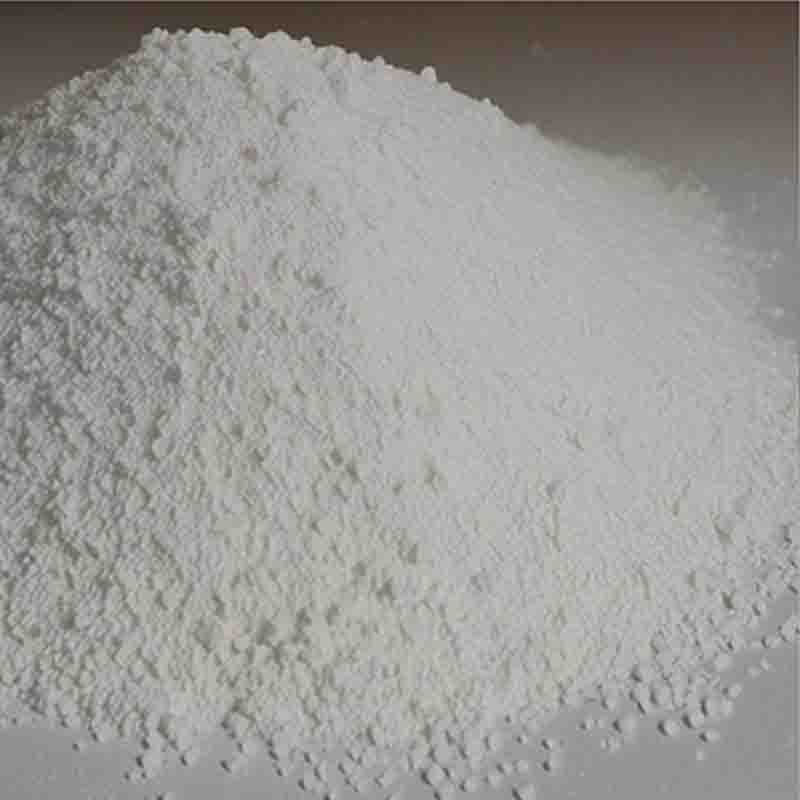

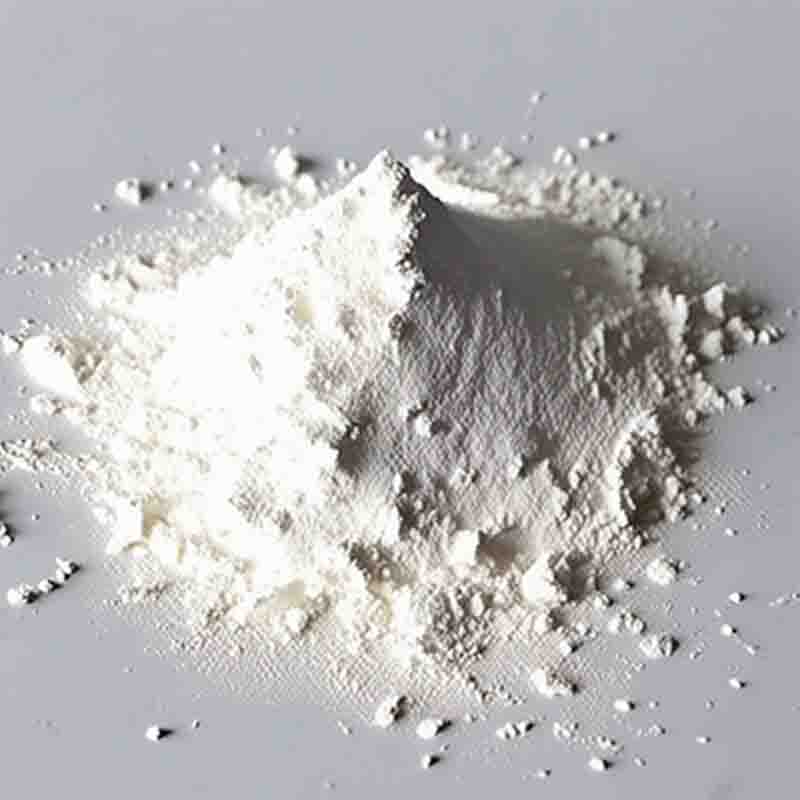
![DICHLORO[1,3-BIS(DIPHENYLPHOSPHINO)PROPANE]PALLADIUM(II) CAS: 59831-02-6](https://cdn.globalso.com/xdbiochems/白色粉末1555.jpg)

